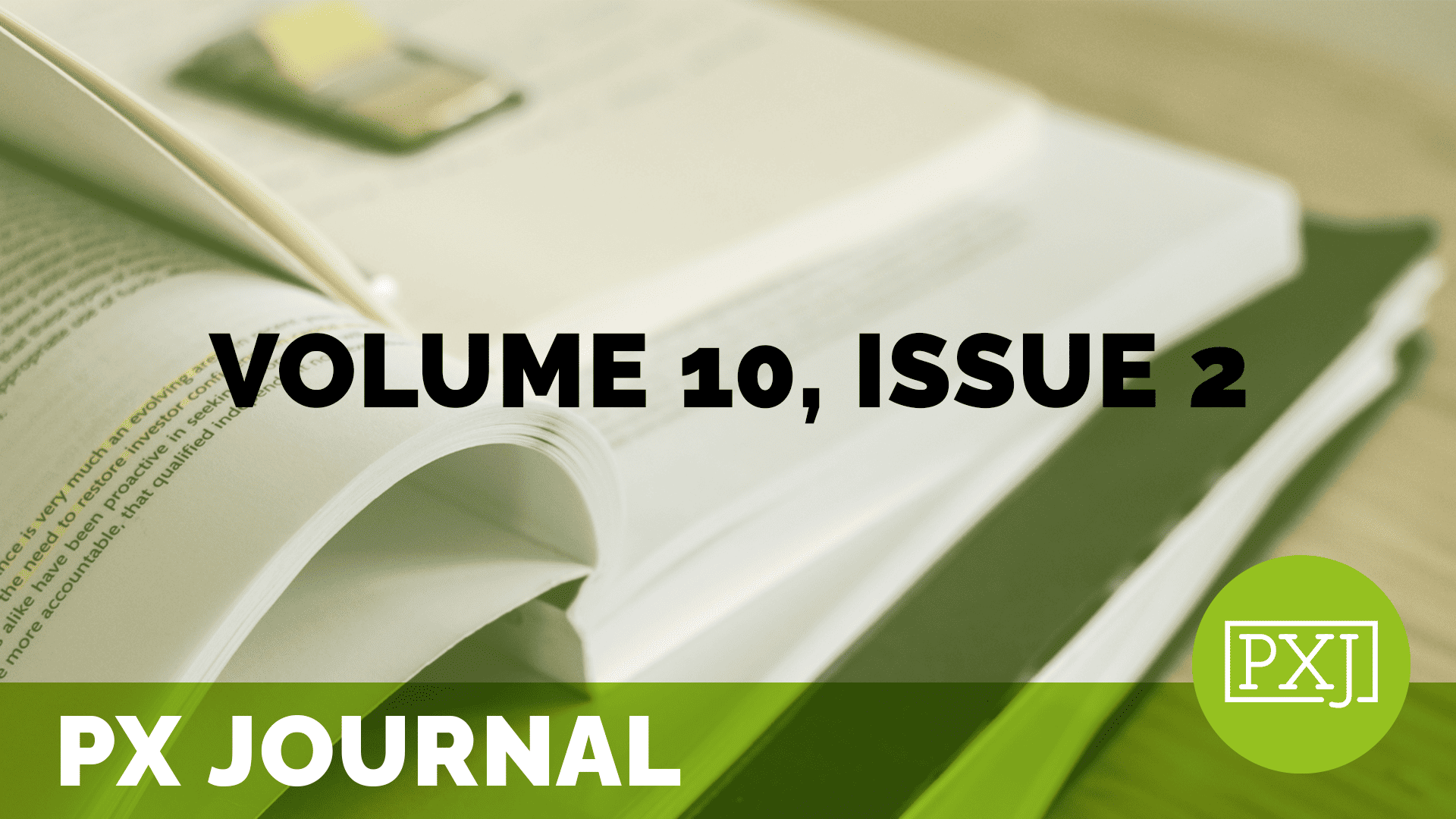‘Making it Meaningful’: Co-designing an intervention to improve medication safety for people from culturally and linguistically diverse backgrounds accessing cancer services.

This study reports on the process of using an adapted Experienced-Based Co-Design (EBCD) conducted with culturally and linguistically diverse (CALD) consumers and cancer service staff to co-design the novel ‘Making it Meaningful’(MiM) instrument at a cancer service in Australia. Multi-source experiential and contextual information was gathered in phase 1 of the co-design and this evidence, coupled with knowledge gathered via a feedback event was used to inform three co-design workshops in phase 2. A series of meetings were conducted prior to and in between the workshops. Theory was progressively integrated into the workshop content. Two Mandarin speaking CALD consumers and three cancer service staff participated as co-design members. Workshops were supported by a multilingual fieldworker, co-facilitated by researchers and a consumer co-facilitator, and conducted using a hybrid model (face-to-face or online participation). In the first workshop members democratically selected to focus on a strategy to enable CALD consumers to make non-emergency urgent contact with the cancer service for medication related communication. The second workshop resulted in consensus to develop an accessible instrument that would identify appropriate contacts and information sources for medication management between appointments. In the third workshop, the prototype MiM instrument was developed and refined. The MiM is a novel instrument designed with CALD consumers to enhance their knowledge of medication management and empower them to contact cancer service staff about medication safety concerns. Feasibility testing is the next step with successful implementation requiring senior health leadership support and involvement of co-design members as change agents.
Related content
-
 Culture & Leadership | Quality & Clinical Excellence | Staff & Provider Engagement
Culture & Leadership | Quality & Clinical Excellence | Staff & Provider EngagementDeveloping an Interactive Behavioral Based Training Program
This webinar, How to Develop an Interactive Behavioral Based Training Program that Aligns with Employee and Patient Feedback around Improvement Opportunities, will provide step by step guidance to develop a training program with a focus on behavioral based learning. The program uses storytelling and staff and patient feedback to “connect the dots” in the human
Learn more -
 Quality & Clinical Excellence
Quality & Clinical ExcellenceBeyond Shiny Amenities: Markers of Quality in Essential Hospitals
As Denver Health strives to become Colorado’s most trusted healthcare provider, its mission is grounded in core values of respect, belonging, and responsibility. In this conversation, Amy Friedman and Sharif Abdelhamid, leaders in Denver Health’s experience department, share insights on how a committed workforce and robust community partnerships enable the essential hospital to deliver high-quality,
Learn more -
 Culture & Leadership | Quality & Clinical Excellence
Culture & Leadership | Quality & Clinical ExcellenceThe Value Case for Improving Human Experience in Healthcare: A Conversation with Brian Carlson and Jennifer Carron
On the heels of the tenth anniversary release of PX Journal, Jason Wolf sits down with Brian Carlson, Vice President of Patient Experience at Vanderbilt University Medical Center and Jennifer Carron, Patient Experience Officer at BJC Healthcare to discuss their new co-authored article, “Investing in the Bottom Line: The Value Case for Improving Human Experience
Learn more
